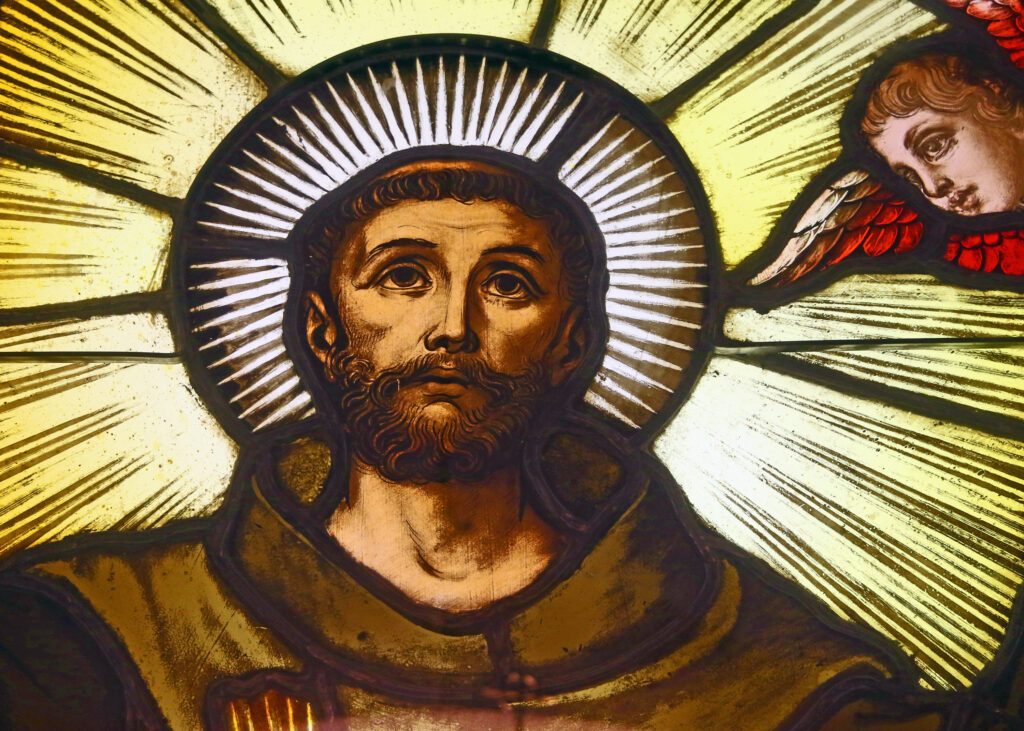Podcast: Play in new window | Download (Duration: 22:48 — 15.8MB) | Embed
Subscribe: Apple Podcasts | Spotify | Amazon Music | Android | Pandora | iHeartRadio | JioSaavn | Podchaser | Gaana | Podcast Index | Email | TuneIn | Deezer | Anghami | RSS | More

I’ll Try, but Nothing Will Come of It – Struggles in the Spiritual Life with Fr. Timothy Gallagher O.M.V.
Fr. Timothy Gallagher and Kris McGregor explore the theme of spiritual desolation and the power of spiritual companionship in overcoming discouragement. They discuss a man named Bob who meets with a priest, Father Reed, to discuss tensions in his marriage and his struggles in his spiritual life.
Bob feels discouraged due to unresolved tension with his wife, leading him to question his worth as a husband and father. Father Reed listens and helps Bob recognize that these feelings are spiritual desolation, which Fr. Gallagher explains is the enemy’s tactic to induce self-doubt and hopelessness. By reflecting Bob’s own words back to him, Father Reed helps him to see his love for his family and his commitment to his spiritual growth.
Spiritual desolation should not be faced alone: this includes having support systems such as a spouse, spiritual director, or faith group. By sharing his struggles, Bob finds clarity, hope, and a renewed commitment to his spiritual practices, such as Ignatian principles, like the need to resist making changes during desolation and to stay accompanied through spiritual friendships and community support.
These struggles can deepen one’s relationship with God and others. Through grace, individuals can grow in charity, which enhances all relationships—both with God and within one’s community and family.
You can pick up a copy of the book here.
Discerning Hearts Reflection Questions
- Identify Moments of Discouragement: When have you experienced discouragement in your spiritual life, and what thoughts accompanied it?
- Reflect on Support Systems: Who are the spiritual companions in your life that help you stay grounded in faith, and how do they support you?
- Recognize God’s Role in Desolation: How might God be using your current struggles to draw you closer to Him?
- Examine Your Vocation and Relationships: In what ways can your spiritual growth strengthen your relationship with your spouse or loved ones?
- Challenge Hopelessness with Truth: What negative self-talk do you need to reject, and what truths can you embrace about God’s love and grace?
- Commit to Staying Accompanied: Who can you reach out to when you feel spiritually isolated, and how can you deepen these connections?
An excerpt from the chapter, “I’ll Try, but Nothing Will Come of It”:
“With Father Reed’s help, Bob recognizes a tactic of the enemy, another form of spiritual desolation. Ignatius describes this as “lack of hope.” When we experience this form of desolation, our thoughts are like Bob’s: we lose hope of any real progress in loving God, in prayer, in holiness, and in living our vocation well. If we think like this, we will be tempted, like Bob, to give up — precisely the enemy’s goal.
All of this is a lie! If ever you feel “defeated before you begin” in your spiritual life, recognize the lie of the enemy and reject it. Do not relinquish your efforts to grow spiritually. God’s love and the power of his grace are with you in these efforts. Compared with this, the enemy’s lies are a very small thing. Further, we can prepare to reject such lies even before the enemy brings them (Ignatius’s rule 10). After this attack by the enemy, for example, Bob can prepare himself to reject similar lies should the enemy bring them again.”
Gallagher O.M.V, Fr. Timothy ; Gallagher O.M.V, Fr. Timothy. Struggles in the Spiritual Life: Their Nature and Their Remedies (pp. 59-60). Sophia Institute Press. Kindle Edition.
To find more episodes from this series, visit the Struggles in the Spiritual Life Podcast
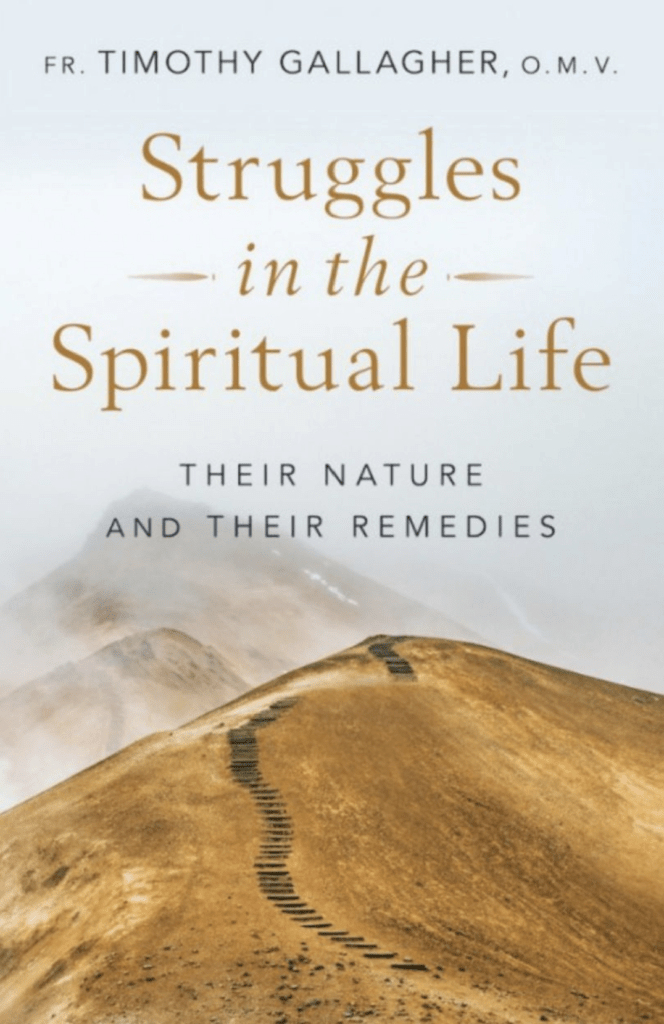 From the book’s description:
From the book’s description:
“Here is a powerful, life-changing book that will help you understand and conquer the struggles you face in your spiritual life. It’s a book for those who love the Lord and desire holiness yet often feel adrift or stagnant in their search for spiritual growth.
All of us encounter valleys on our journey with the Lord — those periods of spiritual desolation that are a painful yet unavoidable feature of our prayer life. Spiritual desolation is as complex as we are, so understanding what is happening and responding to it properly are critical to reaching the heights of holiness.
With warmth and understanding, Fr. Gallagher carefully identifies in this book the various forms of spiritual and nonspiritual desolation and supplies the remedy for each. You’ll learn how to discern whether your struggles derive from medical or psychological conditions or whether those struggles are spiritual and permitted by the Lord for reasons of growth. In each case, you’ll be given the remedy for the struggle. You’ll also learn the forms of spiritual dryness and of the Dark Night — and how to respond to them.
In chapter after chapter, Fr. Gallagher presents a particular struggle as experienced by fictional characters and then provides the advice he gives to those who come to him for spiritual direction about that struggle. You’ll gain confidence as you journey through desolation, and you’ll learn to reject the enemy’s ploys to infect you with a sense of hopelessness.“

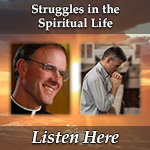

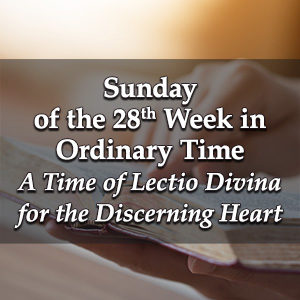 Sunday of the Twenty-Eighth Week in Ordinary Time – A Time of Lectio Divina for the Discerning Heart Podcast
Sunday of the Twenty-Eighth Week in Ordinary Time – A Time of Lectio Divina for the Discerning Heart Podcast
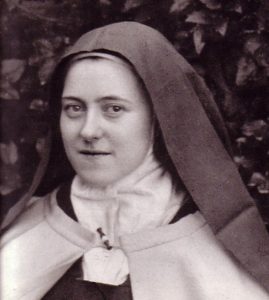
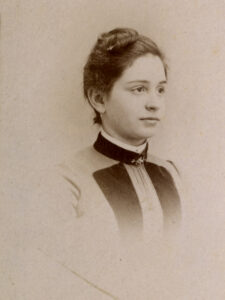


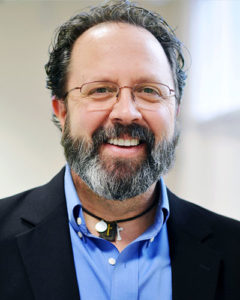 Dan Burke and Kris McGregor explore spiritual growth through St. Teresa of Ávila’s fourth mansion in The Interior Castle. They discuss how God uses perceived absences to deepen our relationship with Him, removing consolations to cultivate selfless love. This “aridity” — where one might feel God’s presence less tangibly — is actually a time of spiritual purification. Burke emphasizes that while these moments can be challenging, they are essential to detaching from “mercenary love” (love driven by self-interest) and moving toward love that reflects God’s worthiness.
Dan Burke and Kris McGregor explore spiritual growth through St. Teresa of Ávila’s fourth mansion in The Interior Castle. They discuss how God uses perceived absences to deepen our relationship with Him, removing consolations to cultivate selfless love. This “aridity” — where one might feel God’s presence less tangibly — is actually a time of spiritual purification. Burke emphasizes that while these moments can be challenging, they are essential to detaching from “mercenary love” (love driven by self-interest) and moving toward love that reflects God’s worthiness.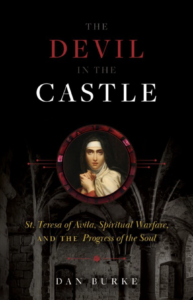

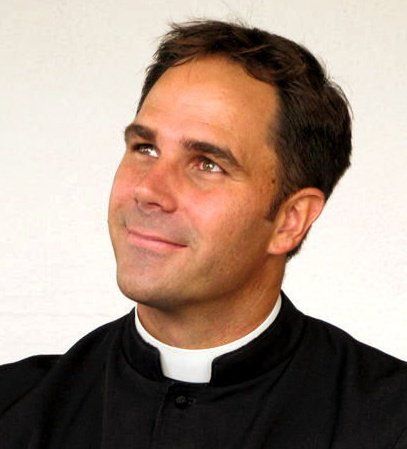
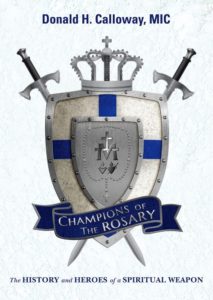
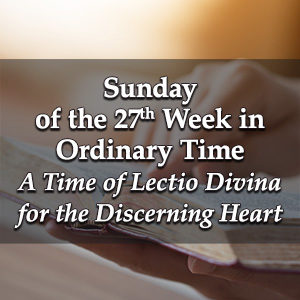 Sunday of the Twenty-Seventh Week in Ordinary Time – A Time of Lectio Divina for the Discerning Heart Podcast
Sunday of the Twenty-Seventh Week in Ordinary Time – A Time of Lectio Divina for the Discerning Heart Podcast